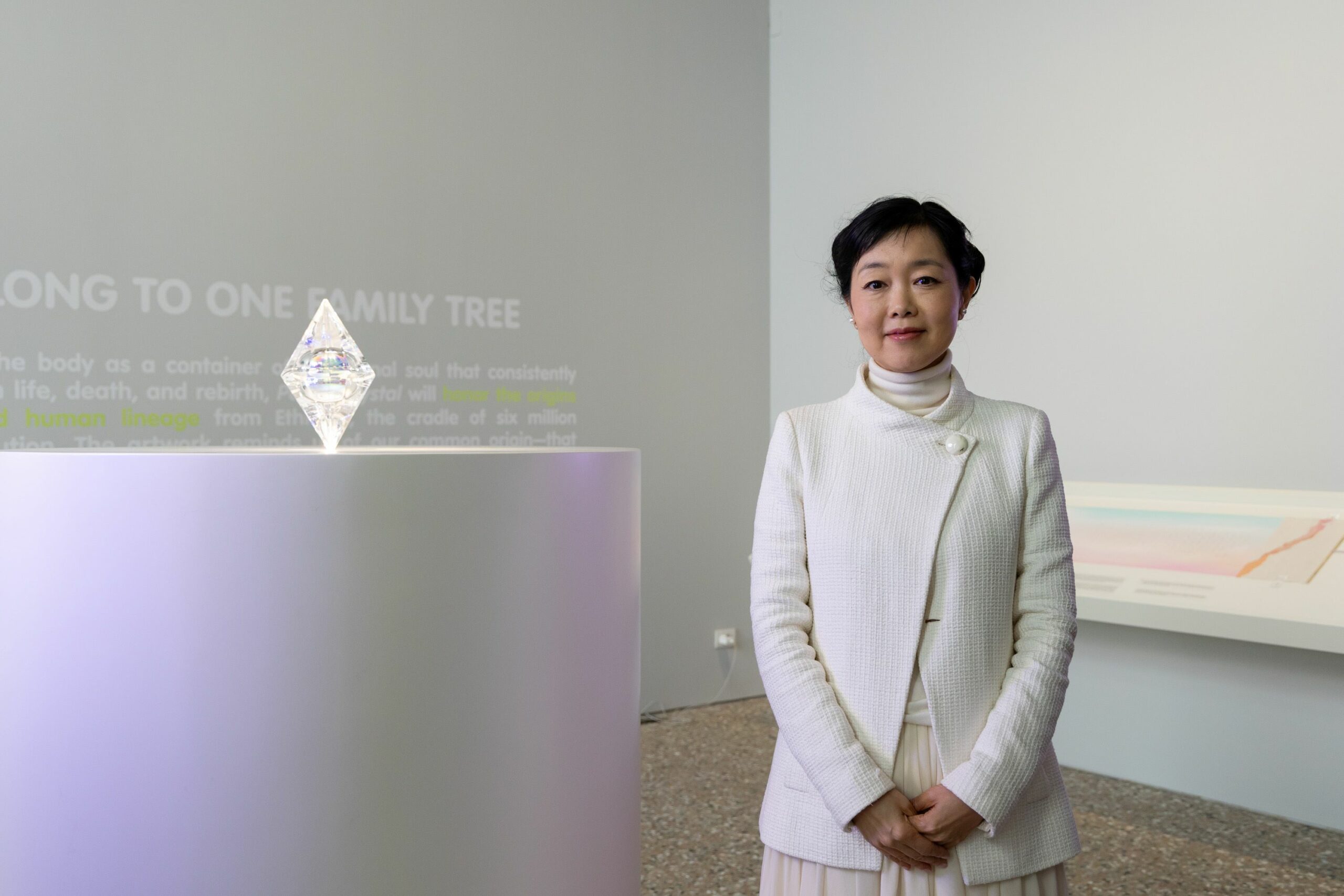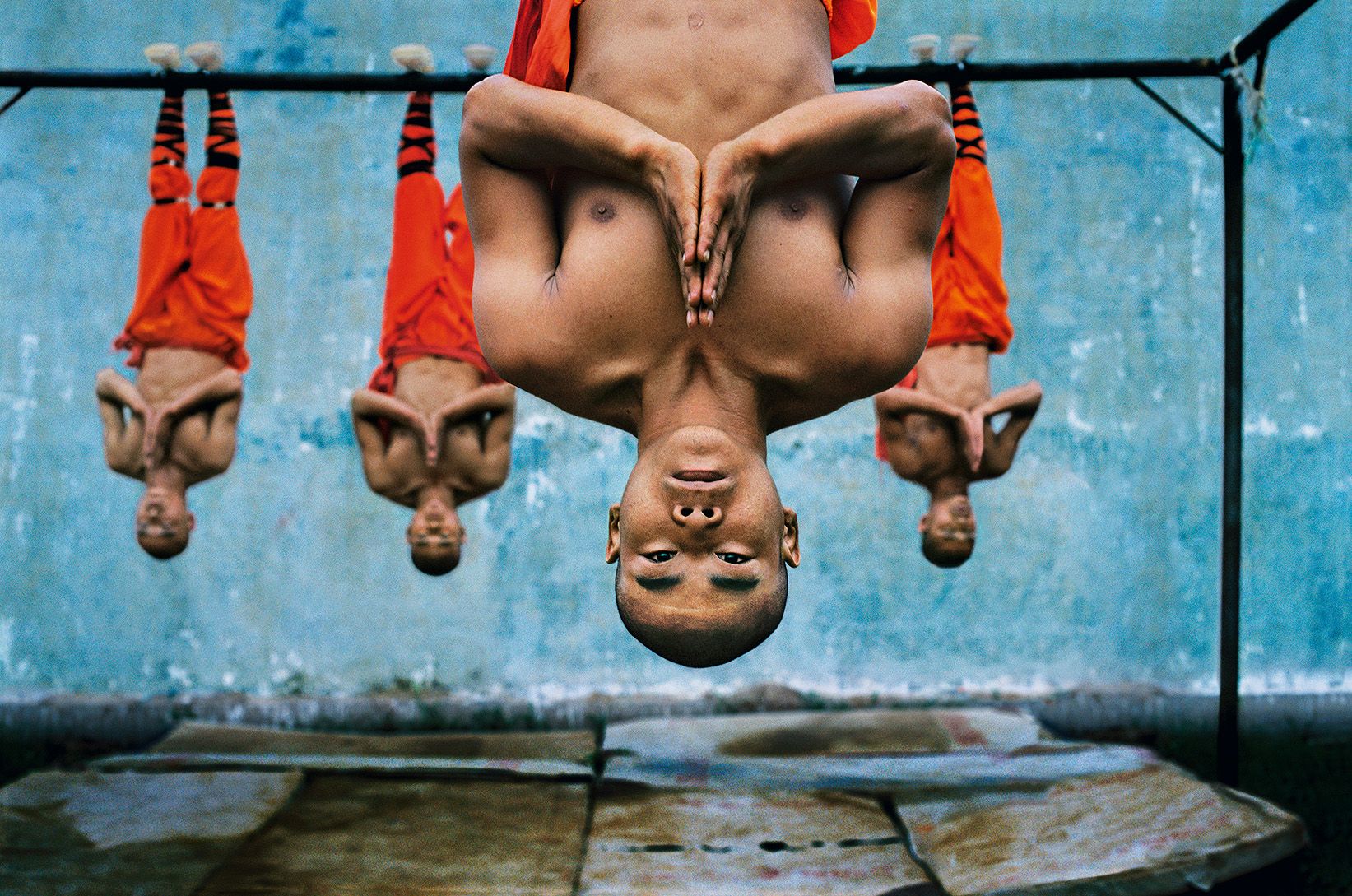Curated by Trinita Kennedy, and presented across three galleries, the exhibition showcases three significant projects spanning the last decade, highlighting the renowned drawings and sculptures of the artist while unveiling a pioneering virtual reality (VR) endeavor.
It delves into Pouyan’s utilization of architecture as a conduit for his concepts, with recurring motifs of domes and towers. Inspired by the serial paintings of the Eiffel Tower by Robert Delaunay and churches by Lyonel Feininger, Pouyan’s focus on monuments stems from extensive research trips across Iran, where he encountered the poignant remnants of past empires. His art evokes a haunting nostalgia, capturing the melancholy of deserted landscapes and dilapidated structures, resonating with a profound sense of loss.

Courtesy of the Frist Art Museum
‘Winter in Paradise’, the pinnacle of the exhibition, marks Pouyan’s debut into VR art, exploiting its immersive capabilities to convey his thematic explorations. Inspired by a scene from Andrei Tarkovsky’s film “Andrei Rublev”, where snow falls inside a war-torn church, Pouyan creates a cinematic experience set in Iran’s Ardestān Friday Mosque.
Rendered with meticulous detail by Siavash Naghshbandi and accompanied by a haunting soundscape by Saba Alizadeh, the VR transports viewers into the medieval mosque, enveloping them in its grandeur and history. Through symbolism, such as the sacred Cypress of Abarkuh and references to Persian poetry,

Virtual reality installation; dimensions variable. Courtesy of the artist
Pouyan layers the past with the present political climate of Iran, evoking a sense of melancholy and reflection. By exploring the etymology of “paradise” and its roots in ancient Iran, Pouyan challenges Western perceptions of his homeland, offering a nuanced perspective that bridges Eastern and Western ideals, thus enriching our understanding of Iranian culture and heritage.
The exhibition is Supported in part by The Ellsworth Kelly Award, made possible by The Ellsworth Kelly Foundation and the Foundation for Contemporary Arts.
For more information, please visit https://fristartmuseum.org/.



